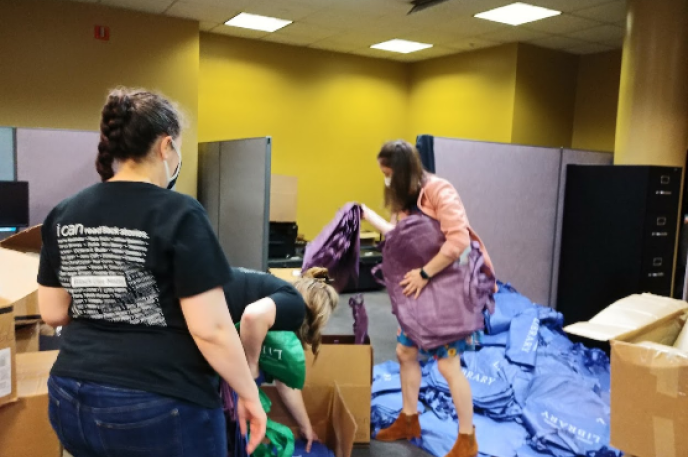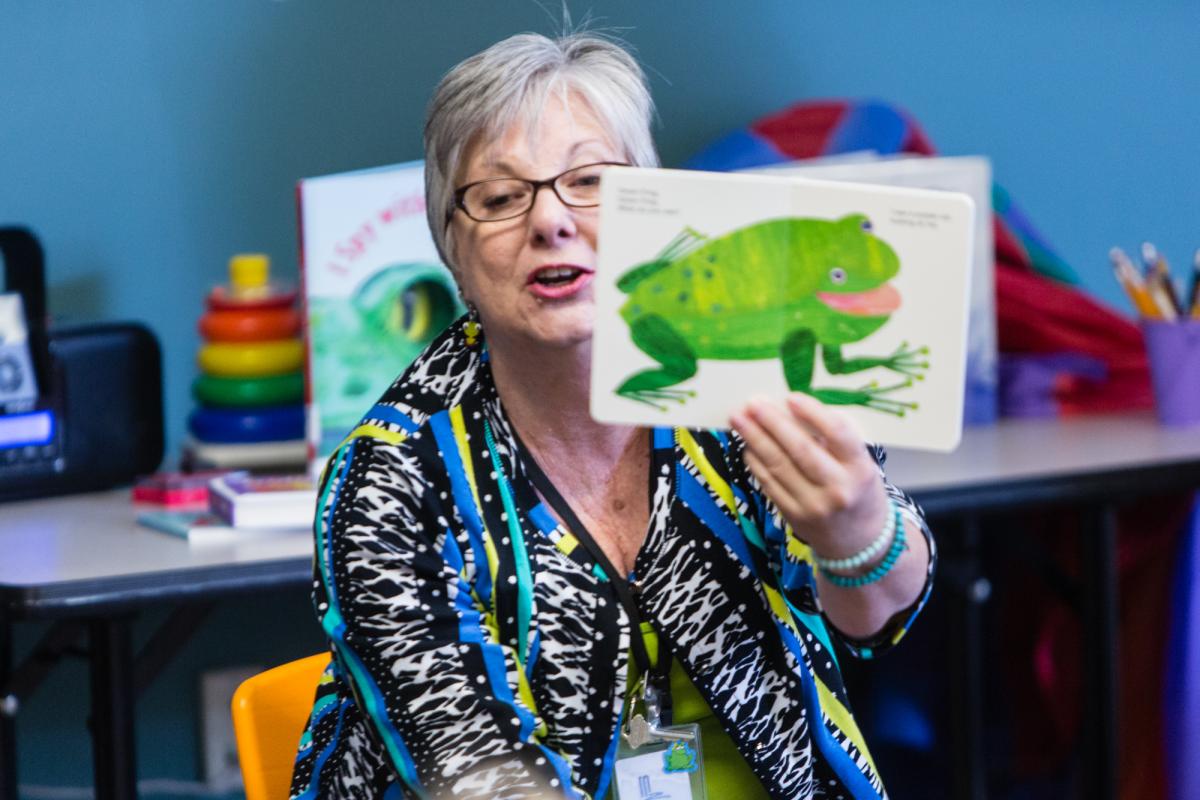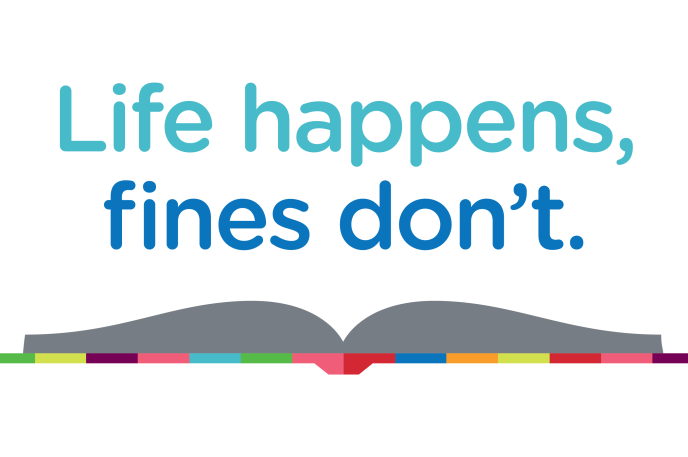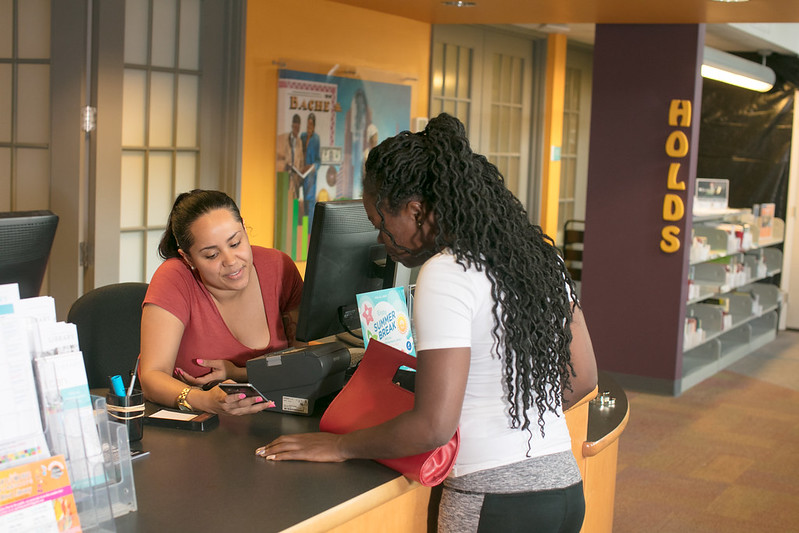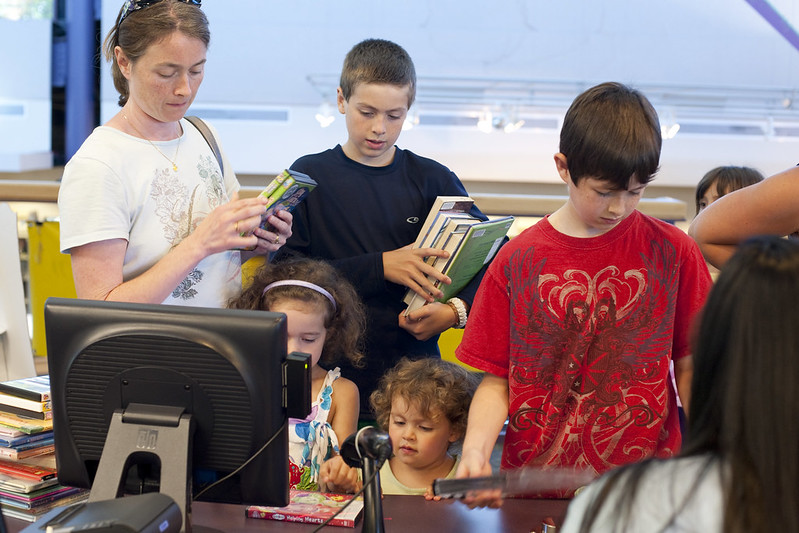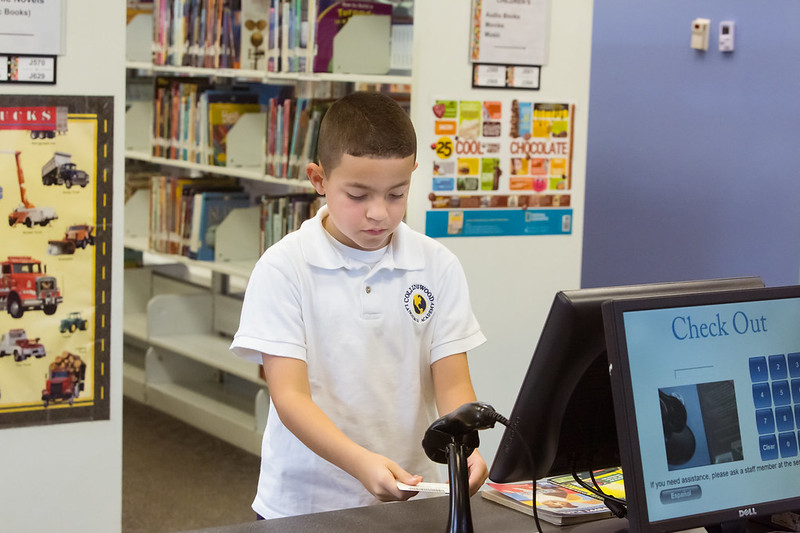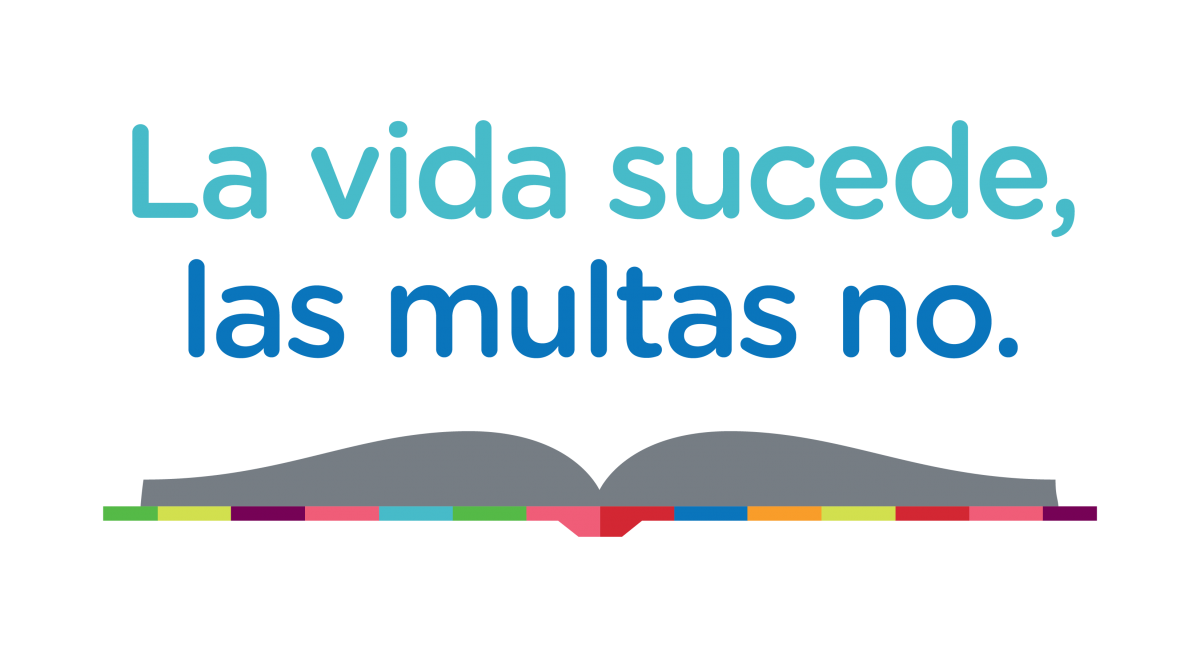It’s week four of Summer Break! Hopefully you’ve been logging your reading time and activities, but if you haven’t, it’s not too late to enroll in the program and join in on the fun. You can even backdate your reading time to the start of the program, June 7. Keep reading, learning and exploring through the end of the program on August 14, 2021.

Library staff have been working hard preparing for Summer Break since October 2020 – developing recommended reading lists, engaging programs, and fun incentives.
One of the biggest tasks for the team that manages the Summer Break program is choosing, ordering and sorting all the cool prizes you receive upon completion of the program. This year:
- babies and children earn a new, popular book;
- teens earn either a new, popular book OR a doodle notebook;
- and adults earn a tote bag in the color of their choice.

Once incentives are chosen, the team members then order what feels like an ocean of books for babies, children and teens. Each box must be opened, organized and sorted so that every Library location has just the right selection of books for participants to choose from when they complete Summer Break.

Staff also sort notebooks and tote bags so that teen and adult completers have a variety of prizes to choose from at their Library location. Check out the beautiful blue!

The Summer Break team works with the Marketing and Communications Department to create and order lots of flyers, posters, and other print materials to help us tell you all about the program. Printed pieces are sorted and distributed to all 20 Library locations.

Once boxes are sorted and labeled, they are taken to the dock to be delivered to Library locations.
A lot of hard work is put into Summer Break with the goal of participants enjoying the program and having fun reading and learning all summer long.
To learn more about how the Summer Break program works and how you can sign up to participate, visit summerbreak.cmlibrary.org.
Learn more
REMINDER: all libraries are closed on July 4 and 5.
Comments? Questions?
Are you having problems with the Summer Break website or your account? Do you have questions about the program? Do you have a wonderful story about the Library and Summer Break? Feel free to chat with us online, stop by your local library, or email us at [email protected].
The 2021 Summer Break program is brought to you by Charlotte Mecklenburg Library. Additional support comes from Wendy’s and the Charlotte Mecklenburg Library Foundation with Spanish translations sponsored by Norsan Media.
--
This blog was written by Larisa Martin, Summer Break team member at Charlotte Mecklenburg Library.
Mira tras las bambalinas del programa de vacaciones de verano
¡Es la cuarta semana del programa de vacaciones de verano! Esperamos que hayas registrado tu tiempo de lectura y de actividades, pero, si no lo has hecho, no es demasiado tarde para inscribirte en el programa y unirte a la diversión. Incluso puedes retrotraer tu tiempo de lectura al comienzo del programa, el 7 de junio. Sigue leyendo, aprendiendo y explorando hasta el final del programa, el 14 de agosto de 2021.

El personal de la biblioteca ha trabajado mucho para prepararse para el programa de vacaciones de verano desde octubre de 2021, elaborando listas de lecturas recomendadas, atractivos programas y divertidos incentivos.
Una de las tareas más importantes del equipo que administra el programa de vacaciones de verano es elegir, ordenar y clasificar todos los fabulosos premios que recibes al completar el programa. Este año:
- los bebés y los niños reciben un libro nuevo popular;
- los adolescentes reciben un libro nuevo popular O un anotador;
- y los adultos reciben una bolsa de la biblioteca del color de su elección.

Una vez que se eligen los incentivos, los miembros del equipo ordenan lo que parece un océano de libros para bebés, niños y adolescentes. Cada caja se debe abrir, organizar y clasificar de manera que todas las bibliotecas tengan la selección correcta de libros para que los participantes elijan al completar el programa de vacaciones de verano.

El personal también clasifica los anotadores y las bolsas para que los adolescentes y los adultos que completen el programa tengan varios premios para elegir en la biblioteca. ¡Mira qué hermoso el azul!

El equipo del programa de vacaciones de verano trabaja con el Departamento de Marketing y Comunicaciones para crear y pedir muchos volantes, afiches y demás materiales impresos; así, nos ayudan a contarte todo sobre el programa. Los materiales impresos se clasifican y distribuyen a las 20 bibliotecas.

Una vez que las cajas están clasificadas y rotuladas, se llevan al muelle para que se distribuyan a las bibliotecas.
Se trabaja mucho en el programa de vacaciones de verano para que los participantes disfruten del programa y se diviertan leyendo y aprendiendo todo el verano.
Para saber más sobre cómo funciona el programa de vacaciones de verano y cómo puedes registrarte para participar, visita summerbreak.cmlibrary.org.
aprende más
RECORDATORIO: Todas las bibliotecas cierran el 4 y 5 de julio.
¿Tienes comentarios o preguntas?
¿Tienes problemas con el sitio web del programa de vacaciones de verano o con tu cuenta? ¿Tienes preguntas sobre el programa? ¿Tienes una fascinante historia sobre la biblioteca y el programa de vacaciones de verano? No dudes en chatear con nosotros en línea, pasar por tu biblioteca local o enviarnos un correo electrónico a [email protected].
El programa de vacaciones de verano 2021 llega a ti gracias a la biblioteca Charlotte Mecklenburg. Contamos con respaldo adicional de Wendy’s y de la fundación de la biblioteca Charlotte Mecklenburg, con traducciones al español patrocinados por Norsan Media.
--
Este blog lo escribió Larisa Martin, miembro del equipo del programa de vacaciones de verano de la biblioteca Charlotte Mecklenburg.
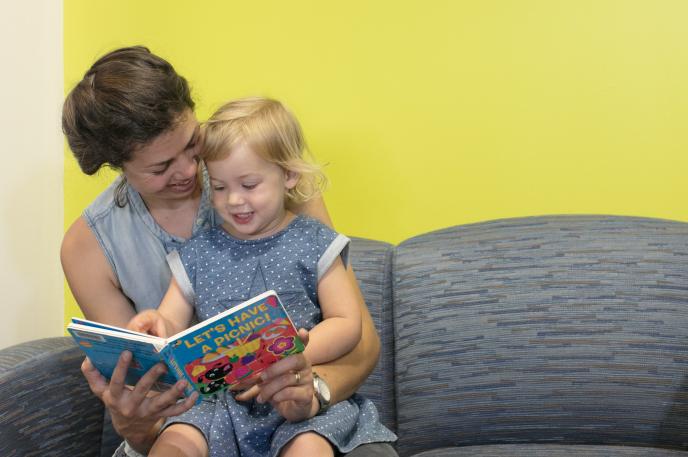





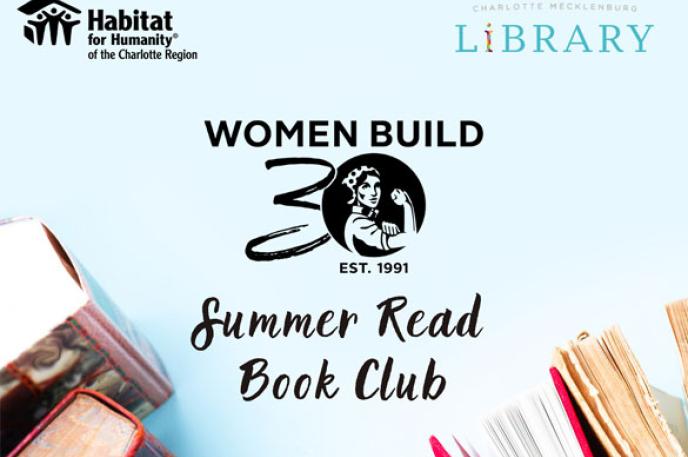
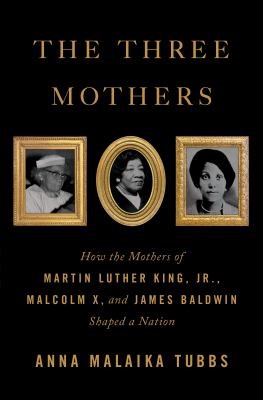 The virtual book discussion will take place from 6-7 p.m. over a series of three Thursday evenings:
The virtual book discussion will take place from 6-7 p.m. over a series of three Thursday evenings:
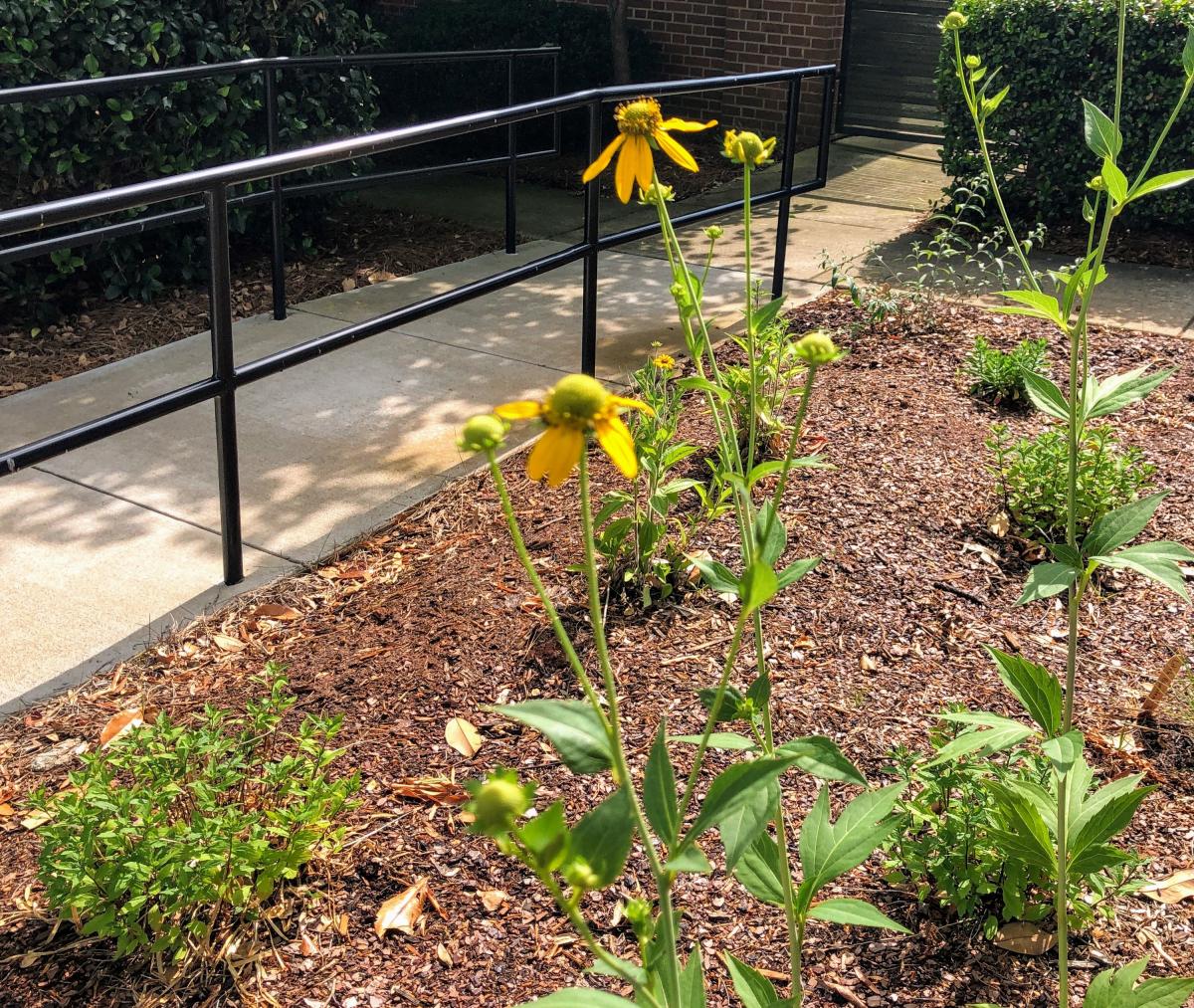 The original garden, known as the McKnight Reading Garden was created after the branch renovation in 2008. It was named in memory of library benefactor Mrs. Gayle McKnight and was designed by (then) student Murray Corbett, a project which earned her the Girl Scout Gold Award.
The original garden, known as the McKnight Reading Garden was created after the branch renovation in 2008. It was named in memory of library benefactor Mrs. Gayle McKnight and was designed by (then) student Murray Corbett, a project which earned her the Girl Scout Gold Award. 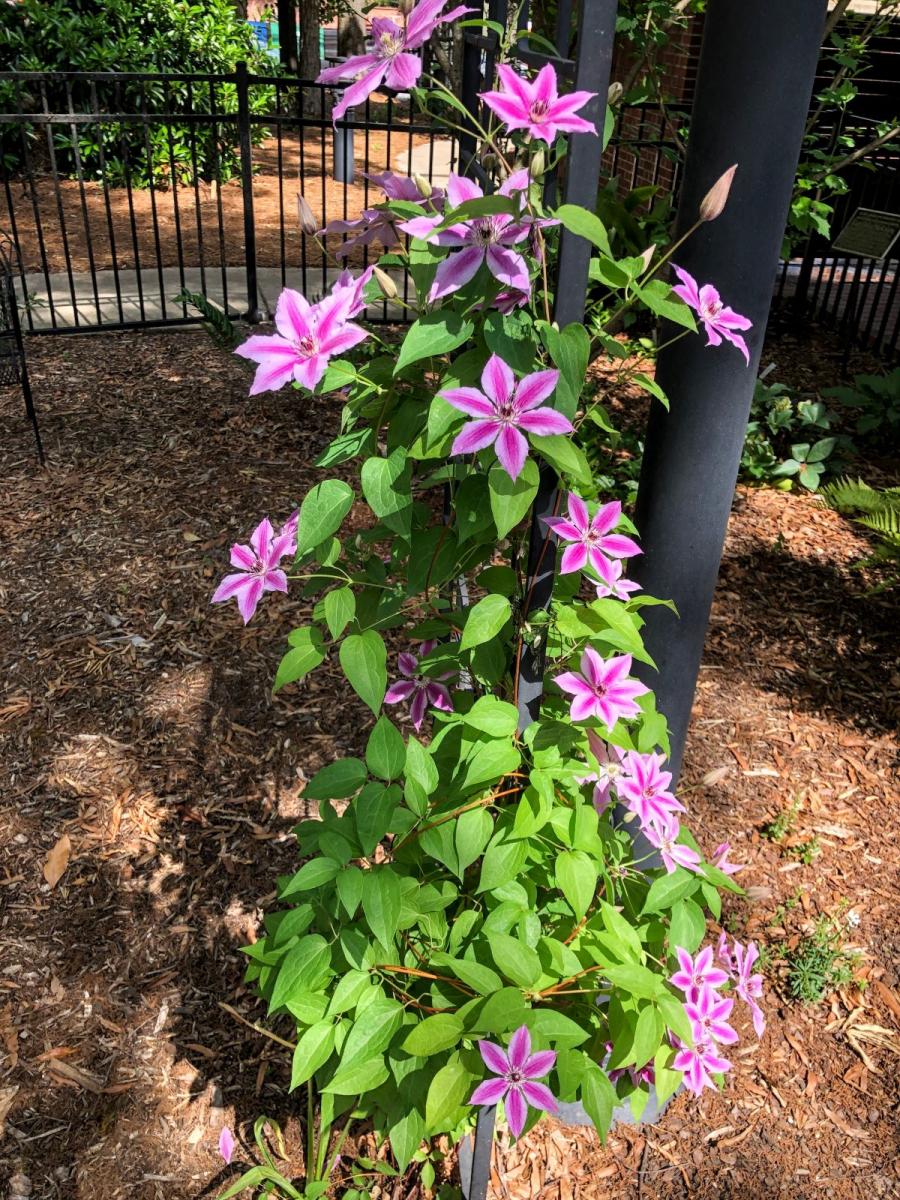 are designed to be an outdoor teaching and learning area on topics such as horticulture, the natural environment and land water or wildlife conservation. It provides the perfect accommodation for groups like our community partner Mecklenburg Extension Master Gardener Volunteers to conduct on-site learning and education.
are designed to be an outdoor teaching and learning area on topics such as horticulture, the natural environment and land water or wildlife conservation. It provides the perfect accommodation for groups like our community partner Mecklenburg Extension Master Gardener Volunteers to conduct on-site learning and education. 
 Dr. Larry Mellichamp is a retired Professor of Botany and Horticulture and was director of the Botanical Gardens at the University of North Carolina at Charlotte. Larry is a world traveler and expert on native plants of all kinds. He has received several teaching awards and written several books, including the recent Native Plants of the Southeast…the best species for the garden (Timber Press, 2014); and Bizarre Botanicals (2010) and The Southeast Native Plant Primer (2020) with Paula Gross. He is the 2016 recipient of the Tom Dodd, Jr. Plantsman Award of Excellence from the Cullowhee Native Plant Conference. He gardens at home in Charlotte where he lives with his wife Audrey. Register
Dr. Larry Mellichamp is a retired Professor of Botany and Horticulture and was director of the Botanical Gardens at the University of North Carolina at Charlotte. Larry is a world traveler and expert on native plants of all kinds. He has received several teaching awards and written several books, including the recent Native Plants of the Southeast…the best species for the garden (Timber Press, 2014); and Bizarre Botanicals (2010) and The Southeast Native Plant Primer (2020) with Paula Gross. He is the 2016 recipient of the Tom Dodd, Jr. Plantsman Award of Excellence from the Cullowhee Native Plant Conference. He gardens at home in Charlotte where he lives with his wife Audrey. Register 
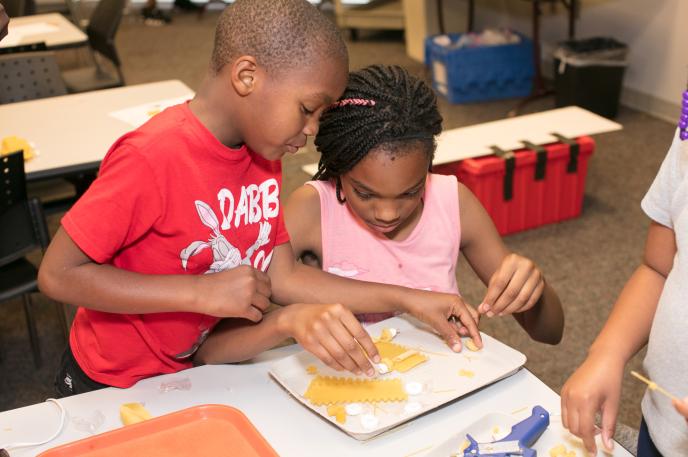


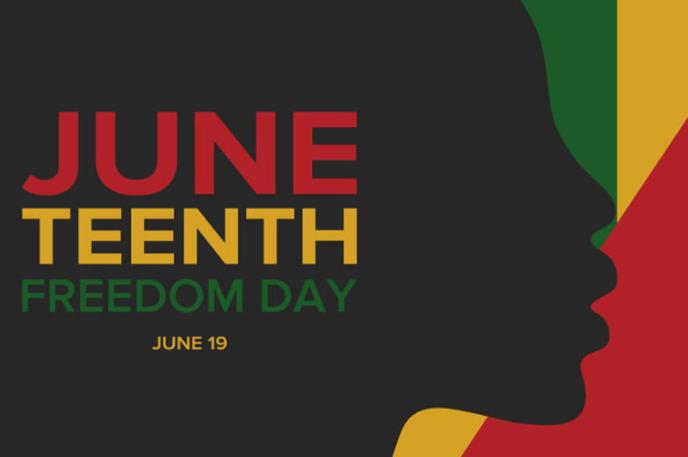
 Cultivators and curators of art, folklore, literature, music, food, fashion, policy, agriculture, science, technology, medicine, sports and more, African Americans have contributed to American culture for many centuries. Juneteenth celebrations focused on that! As mentioned on
Cultivators and curators of art, folklore, literature, music, food, fashion, policy, agriculture, science, technology, medicine, sports and more, African Americans have contributed to American culture for many centuries. Juneteenth celebrations focused on that! As mentioned on 